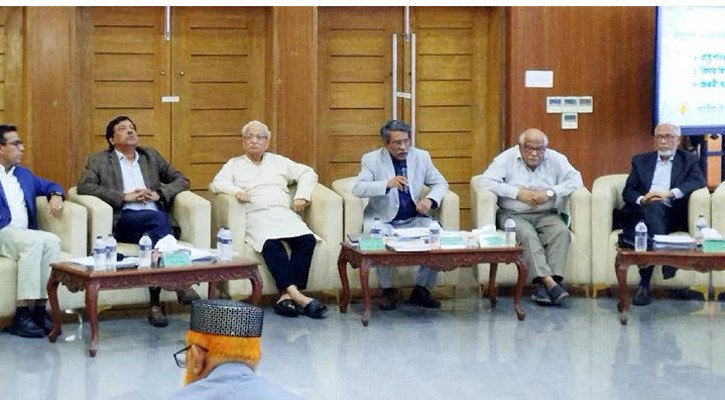All the political parties on Thursday expressed their consent to the proposal of passing a law for regulating presidential clemencies.
However, BNP and some other parties said the draft law should be prepared and passed by the upcoming elected government. They expressed their positions during a meeting with the National Consensus Commission at the Foreign Service Academy.
As a result, there was no consensus on the commission’s recommendation for forming a six-member board, headed by the attorney general, to execute the clemency process.
Article 49 of the Constitution empowers presidents to pardon convicted criminals, but there is no law to guide the process, which allowed the Awami League regime to repeatedly abuse the constitutional provision.
The Consensus Commission then took up the issue of judicial independence. To facilitate the process, Jamaat-e-Islami, NCP and some other parties preferred setting up permanent High Court benches in all the eight divisional cities. Here, again BNP opposed, saying only temporary High Court benches can be set up once or twice a year outside the capital.
Some other political parties sought the establishment of permanent benches in not only divisional cities but also in areas with decent communication routes.
Participants of the meeting included BNP Standing Committee Member Salahuddin Ahmed, Jamaat-e-Islami Nayeb-e-Ameer Syed Abdullah Mohammad Taher, Jamaat-e-Islami Assistant Secretary General Hamidur Rahman Azad, and National Citizen Party (NCP) Member Secretary Akhtar Hossain, among others.



